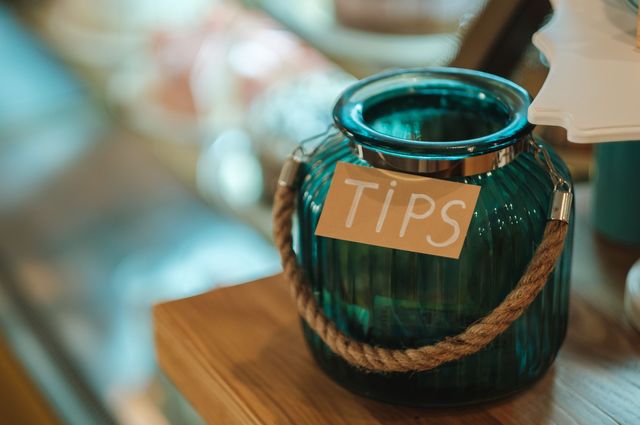Should OTAs and other intermediaries be asking customers for a tip?
12 experts shared their view
Recently, Hopper, an OTA based in Canada, started to ask customers to pay a "tip" to Hopper as part of the booking. The tip is included automatically in the final price on the final payment page before completing the booking. The customer has to switch the toggle to the off position in order to not pay a tip.
The tip itself is either a flat fee ($3-$5) or a percentage of the booking, depending on the type of booking, according to Hopper's website.
Asked by ABC who actually gets the tip, Hopper replied: "This tip goes to Hopper and is completely optional. Customers have the ability to opt-in or out."
Some industry experts believe that "Hopper again is innovating", while others believe that tipping is a discretionary expense, paid AFTER the service has been delivered, paid personally to the person who delivered the service, based on the quality of the service provided.
The question is, should OTAs and other intermediaries be asking customers for a tip and will travel consumers accept this "novelty" approach?
Tipping to show gratitude or appreciation to a worker providing good-to-excellent customer service has been the norm in North America. In recent years, a growing number of businesses have also begun offering customers more options to tip (more), such as in many self-service kiosks. Undoubtedly, tipping generates additional revenues, which is excellent for businesses. It is hence not surprising to see Hopper takes on this tipping trend.
Nevertheless, is tipping necessary or fair to consumers using only a self-service option? What if they use a service provided by machines?
Maybe, we shall let individual consumers decide on their own. Some consumers may like tipping to show appreciation for an exceptional service received, regardless of if the service is facilitated or delivered by AI-empowered machines without human interactions. They may want to reward/tip the company that impresses them with exceptional service. The good news is that consumers may still opt out of tipping (at this point).


